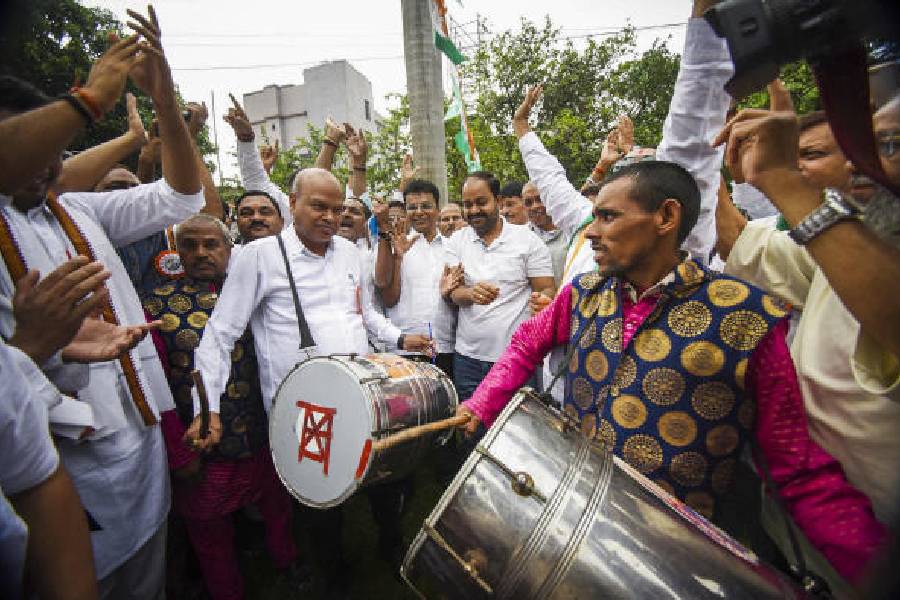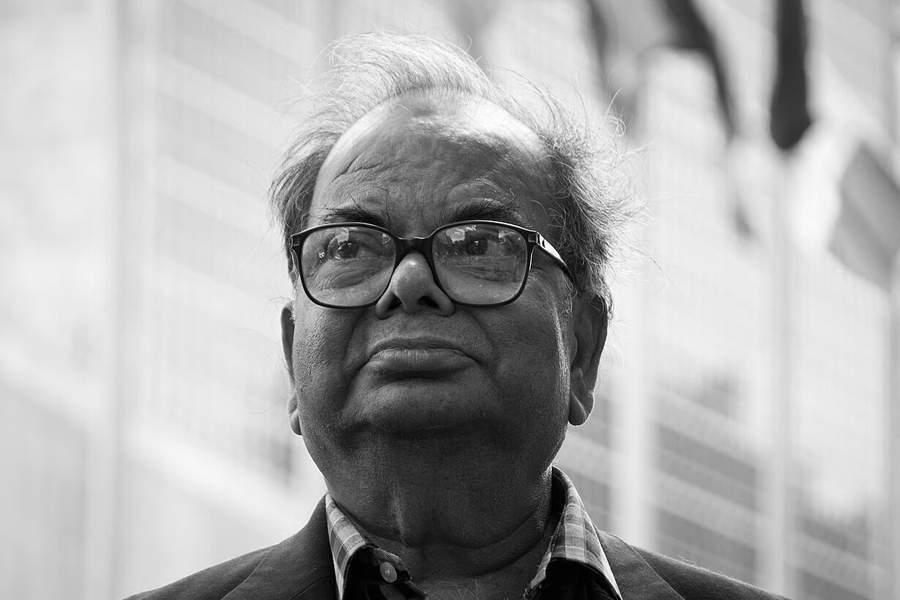With the Centre blinking on the caste census, the Congress has challenged the government to bring an amendment to lift the Supreme Court-imposed 50 per cent ceiling on quotas.
The Congress cited as a reference point Jawaharlal Nehru's introduction of the first amendment to the new Constitution in 1951 to restore reservation, which had been struck down by the court.
Lifting the 50 per cent ceiling on reservation, imposed by the Supreme Court in 1962, is the second of the three-pronged social justice plank the Congress has identified in the hope of ensuring proportionate representation across all fields to every section of society.
The third goalpost is reservation in private educational institutions for which an enabling provision was made in the Constitution during the UPA years. The Congress made the three promises in its manifesto for the 2024 Lok Sabha elections.
As the BJP sought to take credit for the caste census, the Congress came out with a deeply researched response to take on the BJP’s narrative that hinged on why successive governments led by the Nehru-Gandhi family had not carried out the exercise. It also showcased earlier statements made by ruling party leaders, including Prime Minister Narendra Modi, against the caste census.
Pushing back on the BJP narrative, Congress president Mallikarjun Kharge said on X: "RSS and the Jan Sangh have opposed reservations — they were against reservation since its inception. Therefore, they have no right to speak about the reservations, they now claim credit for… It was the united efforts of the people, Opposition parties, and continued pressure that brought us here. Shri Rahul Gandhi played a leading role in pushing for a caste census. We have achieved this, and we are proud of it."
Congress general secretary in-charge of communications Jairam Ramesh drew attention to the first amendment to the Constitution introduced by the Nehru government in 1951.
A key element of this amendment is the introduction of Article 15 (4) to the Constitution, which enables the state to make special provisions for the advancement of any socially and educationally backward classes of citizens or for the Scheduled Castes and the Scheduled Tribes.
This amendment, Ramesh said, was brought to address the situation that arose after the Supreme Court struck down a Madras government order on reservations in the Champakam Dorarirajan vs State of Madras case. The BJP has often criticised the first amendment, as it also introduced some restrictions on the freedom of expression.
Referring to the issue of reservations in private educational institutions, Ramesh said the enabling provision — Article 15 (5) of the Constitution — has been upheld by the Supreme Court in 2014, but the Modi government has not enacted the law to operationalise it for 11 years.
It was this provision that led to the enactment of the Central Educational Institutions (Reservations in Admission) Act, 2006, which allowed OBC reservation in government-run higher educational institutions. However, this could not be extended to private institutions because of court cases, Ramesh said, adding that the decks were cleared in 2014 when the Supreme Court held that Article 15 (5) extends to private institutions also.










